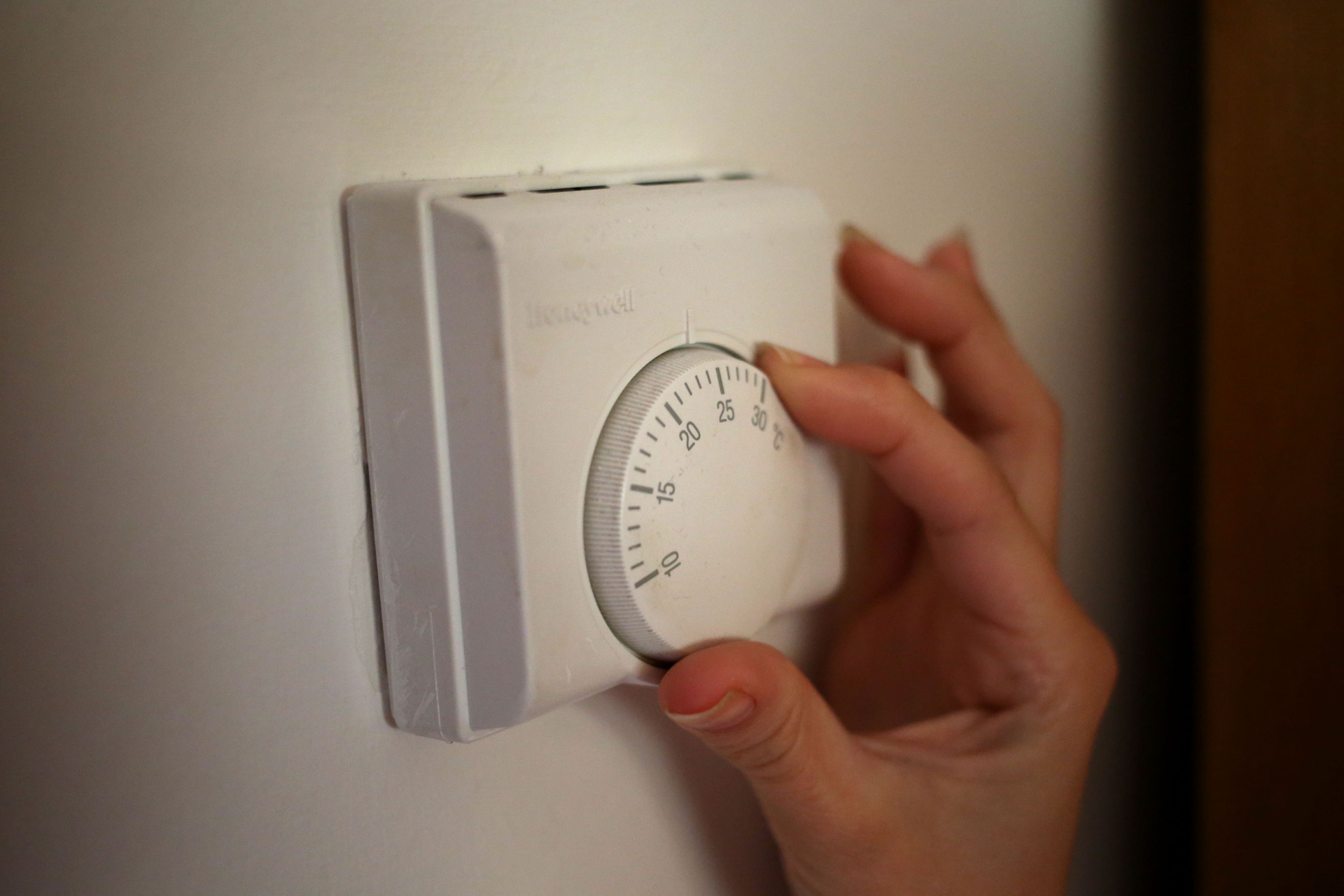Closing windows or using log burners to cut energy bills ‘increases health risk’
Professor Cath Noakes said while people are taking steps to cut costs, they are also reducing ventilation and adding pollutants to indoor air.

Your support helps us to tell the story
From reproductive rights to climate change to Big Tech, The Independent is on the ground when the story is developing. Whether it's investigating the financials of Elon Musk's pro-Trump PAC or producing our latest documentary, 'The A Word', which shines a light on the American women fighting for reproductive rights, we know how important it is to parse out the facts from the messaging.
At such a critical moment in US history, we need reporters on the ground. Your donation allows us to keep sending journalists to speak to both sides of the story.
The Independent is trusted by Americans across the entire political spectrum. And unlike many other quality news outlets, we choose not to lock Americans out of our reporting and analysis with paywalls. We believe quality journalism should be available to everyone, paid for by those who can afford it.
Your support makes all the difference.Closing windows, turning the heating off, and using log burners to cut energy bills will make people more vulnerable to health risks and accelerate infection spread, a leading expert has said.
Cath Noakes, professor of environmental engineering for buildings at the University of Leeds, said there is currently a “massive conundrum” where people are taking steps to reduce energy use but consequently reducing ventilation and adding new pollutants into the indoor air by burning wood or cooking.
Prof Noakes, who was one of the advisers on the Government’s Scientific Advisory Group for Emergencies (Sage) during the Covid-19 pandemic, told the PA news agency: “I have a real concern that some of the things people are doing actually have a compounding effect.
“So if you are at home, for example, and you don’t turn the heating on and you keep the window shut, not only have you reduced ventilation, but you’ve also created a condition where you might get more damp and mould, which has a knock-on effect of impacting your health.”
Previous research by Prof Noakes and her team showed that being in a room with fresh air can reduce the risk of Covid-19 infection from airborne droplets by more than 70% – as fresh air dilutes the particles containing coronavirus.
It is critical to making buildings more resilient to health threats including our regular battles with the transmission of colds and flu around crowded indoor spaces
She said the importance of managing ventilation in homes and other indoor spaces goes beyond Covid, with evidence that other infections like chicken pox, measles, TB, and other respiratory diseases such as influenza, can also pose a higher risk in poorly ventilated spaces.
Prof Noakes told PA: “We breathe about 14,000 litres of air every day.
“A lot of what we’re exposed to comes from what we breathe.
“Around 90% of the time we’re indoors – that might be your home, workplace, schools, transport and social settings.
“There is so much evidence that the quality of the air we breathe is really important for our health – and ventilation is a really big part of that.”
She said there are many ways in which ventilation can be improved at low or minimal cost – such as ensuring good maintenance of systems and raising awareness of the importance of ventilation.
Prof Noakes told PA: “(When) you open windows intermittently, you can get some of that fresh air in without actually having a significant impact on your energy use.
“Making sure you open a window after you’ve had a shower or using an extractor fan in your kitchen when you cook can also help.
“You’re only using it for short periods of time – so you’re not using much energy to provide ventilation.”
Where improving ventilation is difficult, using air cleaning devices can be a low-energy way of improving indoor air quality, she added.
Better ventilation in workplaces and schools is also associated with lower illness absence, Prof Noakes said.
Along with an international team of scientists, Prof Noakes is spearheading a campaign – called World Ventil8 Day, which takes place on November 8 – to raise more awareness of the role building ventilation plays in supporting the health and wellbeing of people.
She said: “It is critical to making buildings more resilient to health threats including our regular battles with the transmission of colds and flu around crowded indoor spaces.”
More information on World Ventil8 Day can be found on the website https://www.worldventil8day.com/